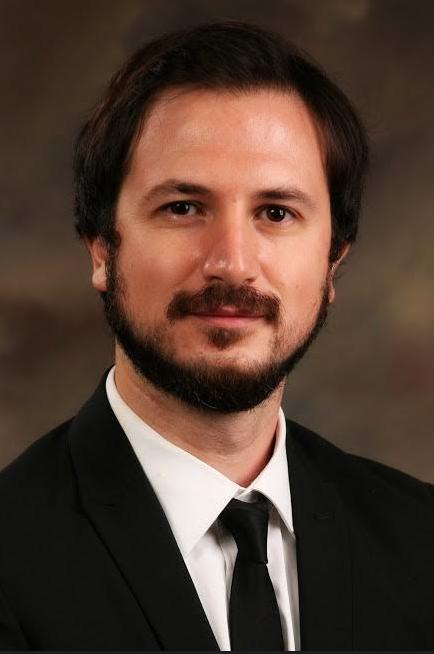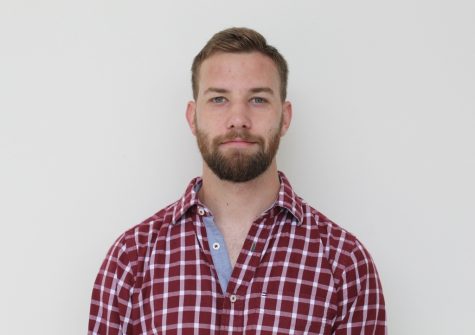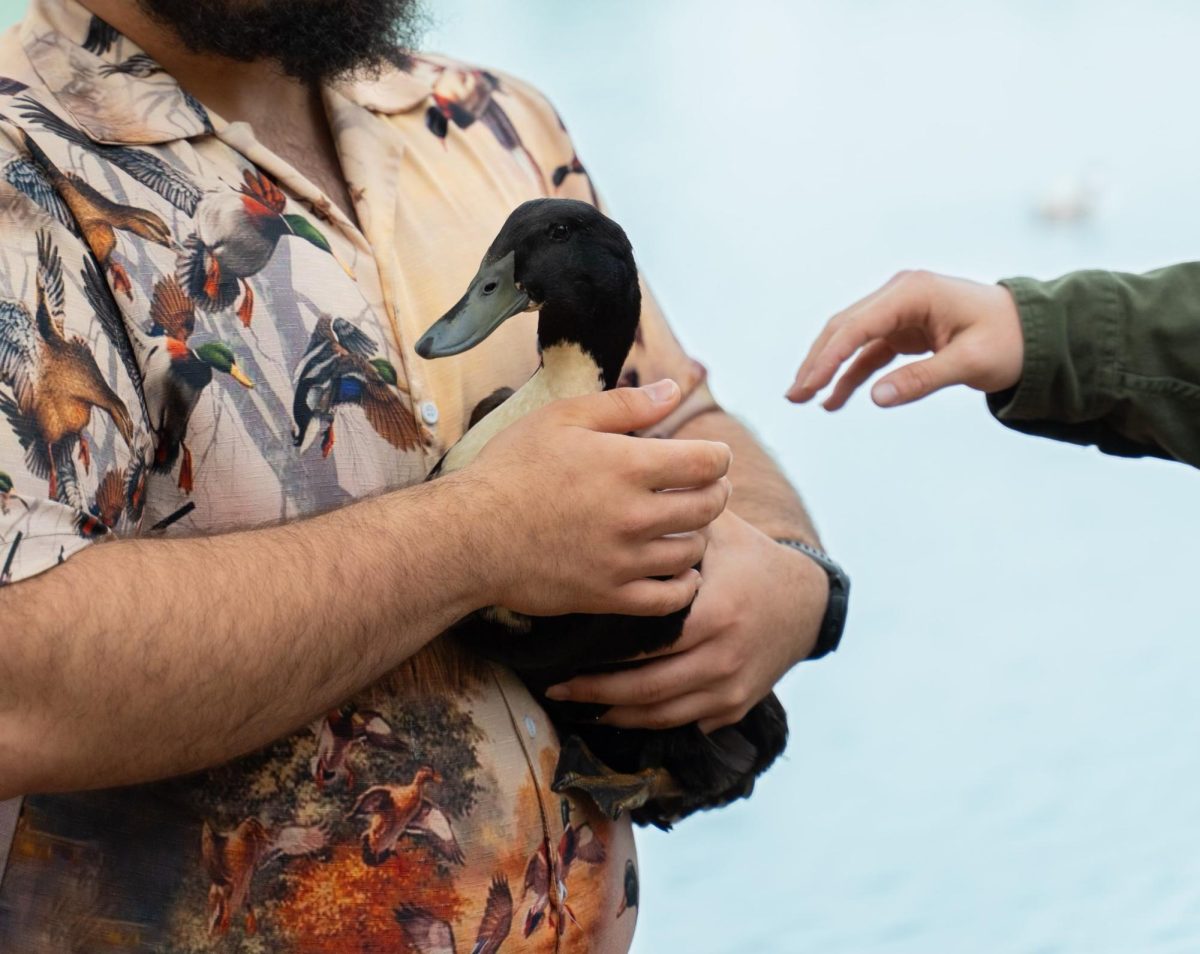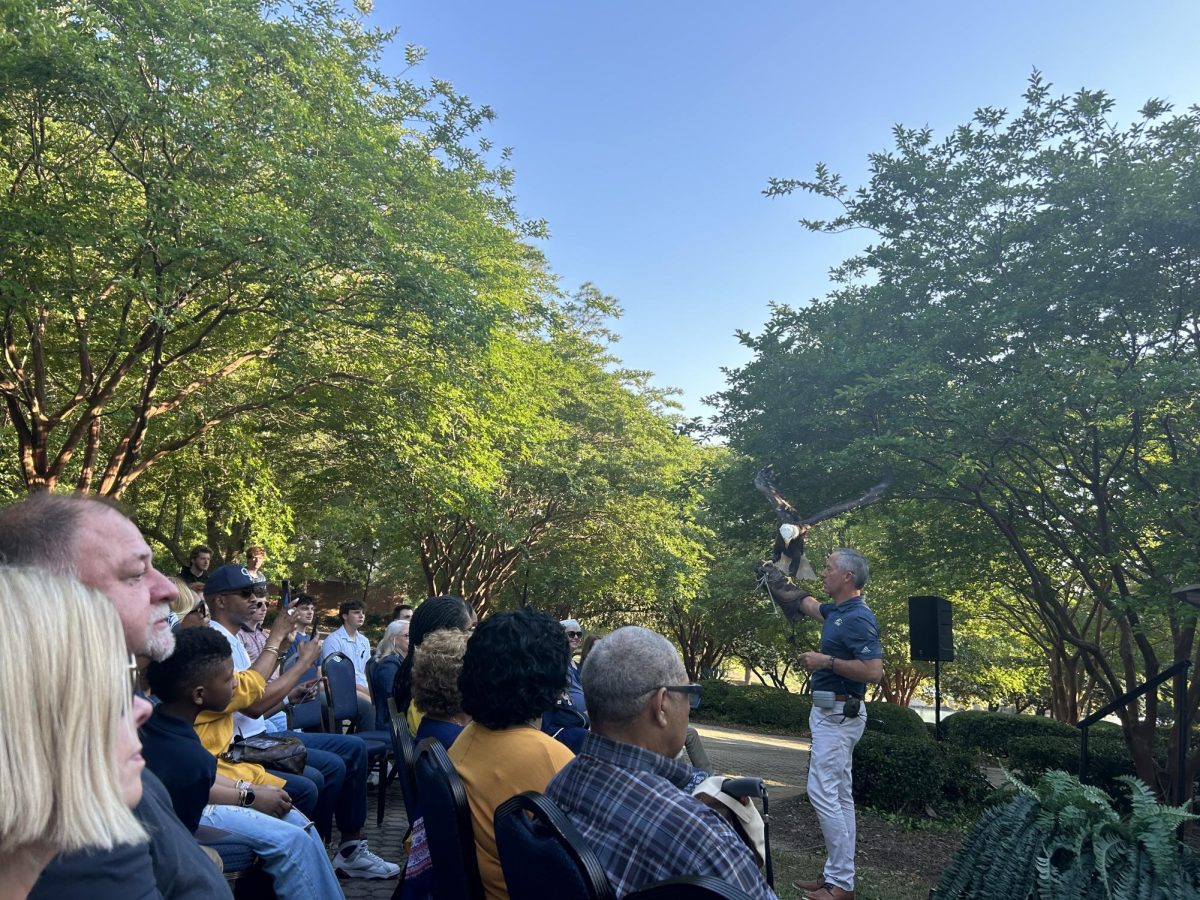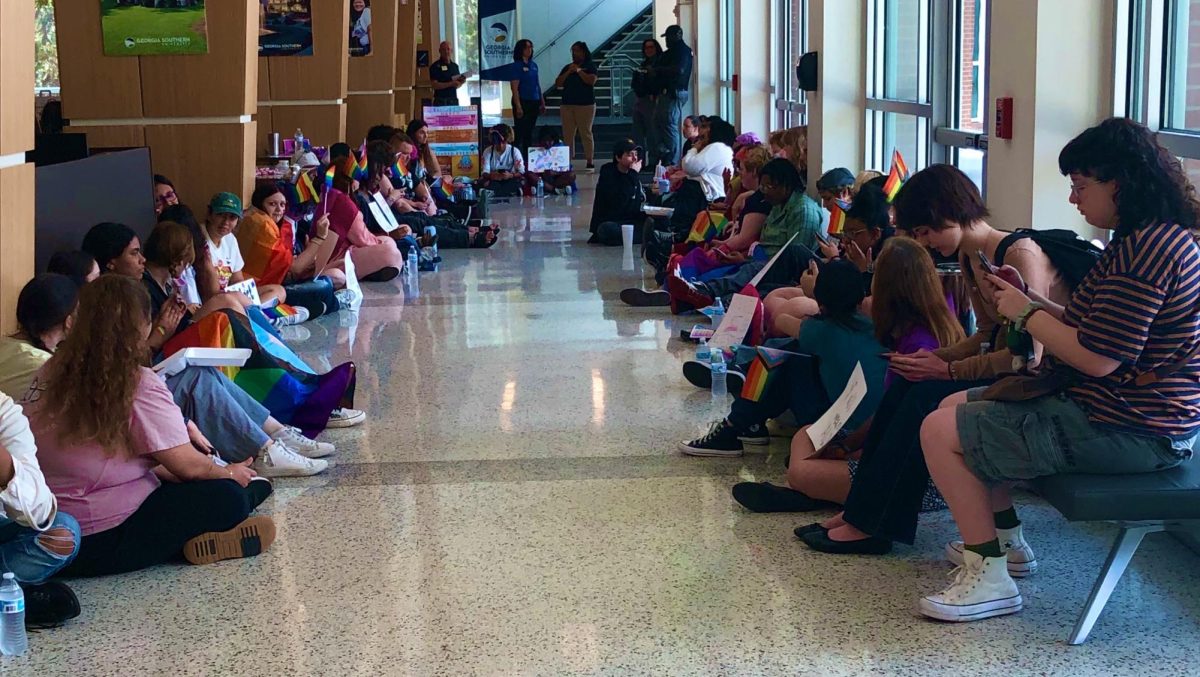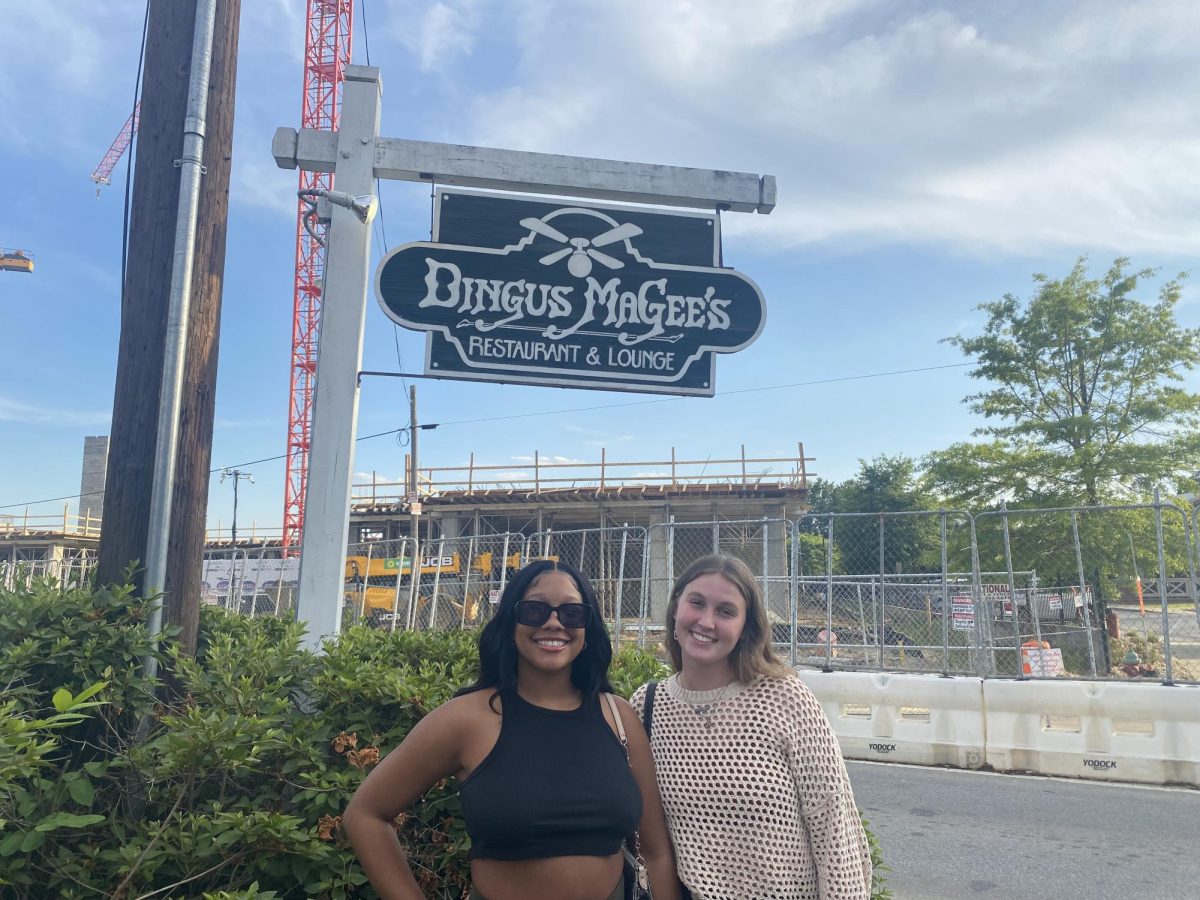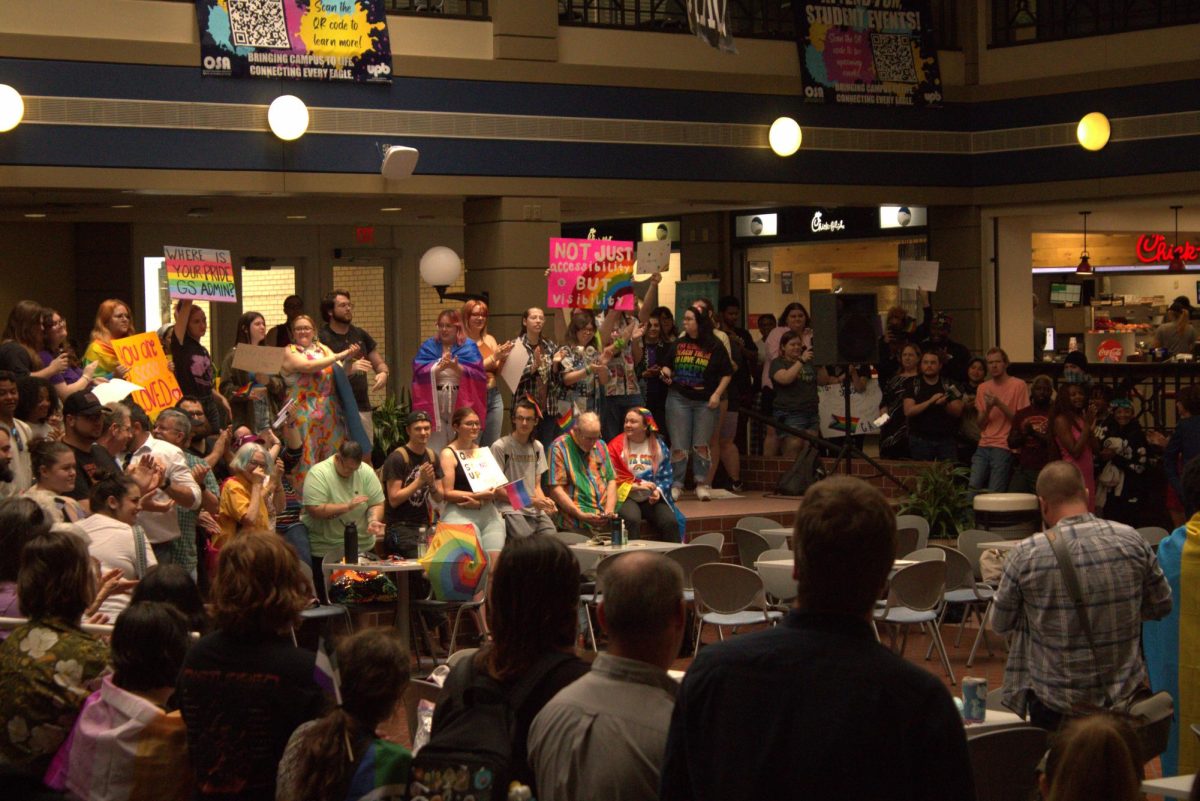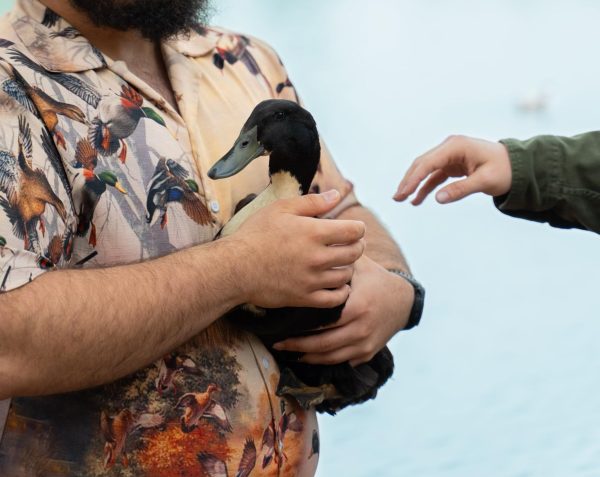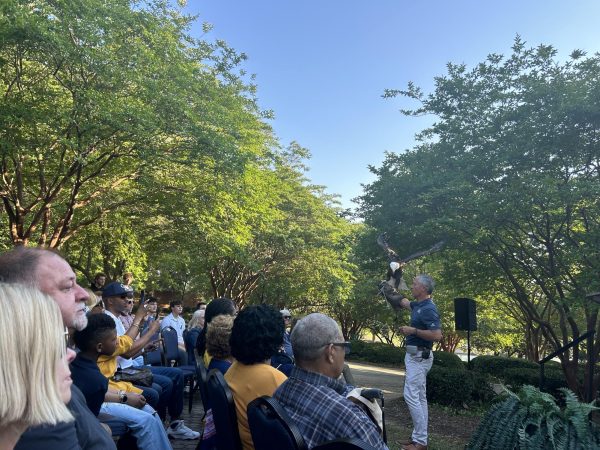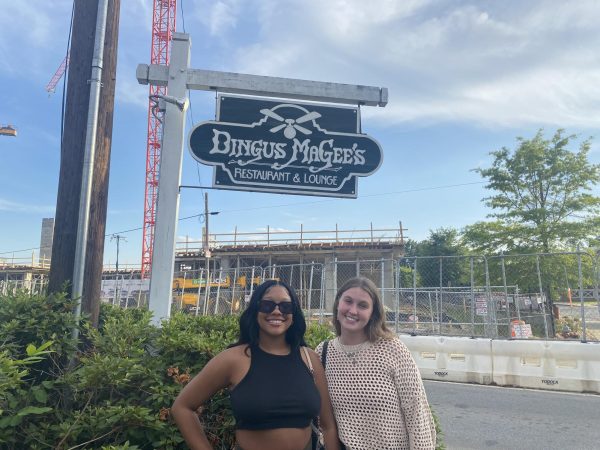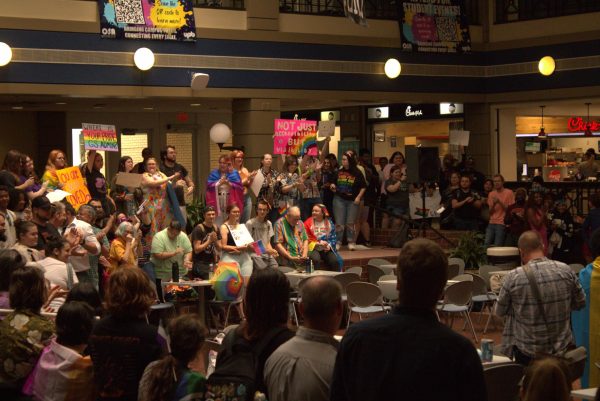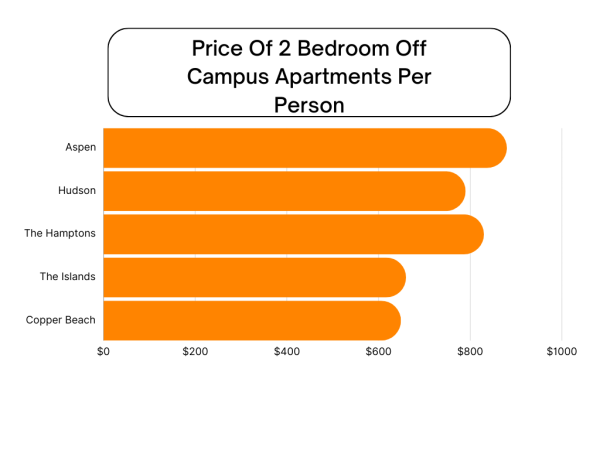Nearly $300k grant to be used for computer science education
September 16, 2020
STATESBORO — The National Science Foundation (NSF) awarded almost $300,000 to Associate Professor of Instructional Technology, Mete Akcaoglu, Ph.D., after his grant proposal was approved.
Akcaoglu’s grant proposal was awarded by The NSF’s Computer Science for All program (CSforAll) in order to provide computer based design programs that were not previously available to local students.
Specifically the grant proposal was for “Developing and Piloting a Game Design-Based Computer Science Curriculum,” or “Project GAME,”.
This grant will allow four regional middle schools in Southeast Georgia to access the Project GAME, and since kicking off in August has included six teachers from Bulloch, Candler, Chatham and Screven Counties.
These teachers are able to access and use a cross platform game engine called Unity which is used to create virtual and augmented reality games.
Unity has been known to help create some of the most popular games ever. Some notable titles are Angry Birds Epic, Call of Duty, and Assassin’s Creed Identity.
“While many of them may not choose to become a computer scientist, this will impact their thought process going forward and assist them in feeling comfortable approaching other coding and computer software that others would shy away from,” said Akcaoglu.
This is promising for these Southeast Georgia schools as, “Unity is an industry-standard software,” explained Akcaoglu.
Akcaoglu also explains that this software can be intimidating to learn, and that will be the main challenge to overcome.
Co-principal investigators on the grant team include College of Education’s Selçuk Doğan, Ph.D., assistant professor of curriculum and instruction, Charles Hodges, Ph.D., professor of instructional technology, and College of Engineering and Computing’s Andrew Allen, assistant professor of computer science also spoke on the new opportunity.
“The software may be intimidating to learn on your own, and that is why we are doing it together as a community. We plan for both the teachers and students for this to be a rewarding experience where we start with small steps that participants can see their progress and celebrate.” said Doğan.
“We are also looking to pair programming opportunities where students can work with individuals that are of their own background to encourage and enjoy the process together,” said Hodges.
“The practical outcome of this research is that students will have learned the fundamentals of computer science and know that this knowledge is not out of their reach,” said Allen.

